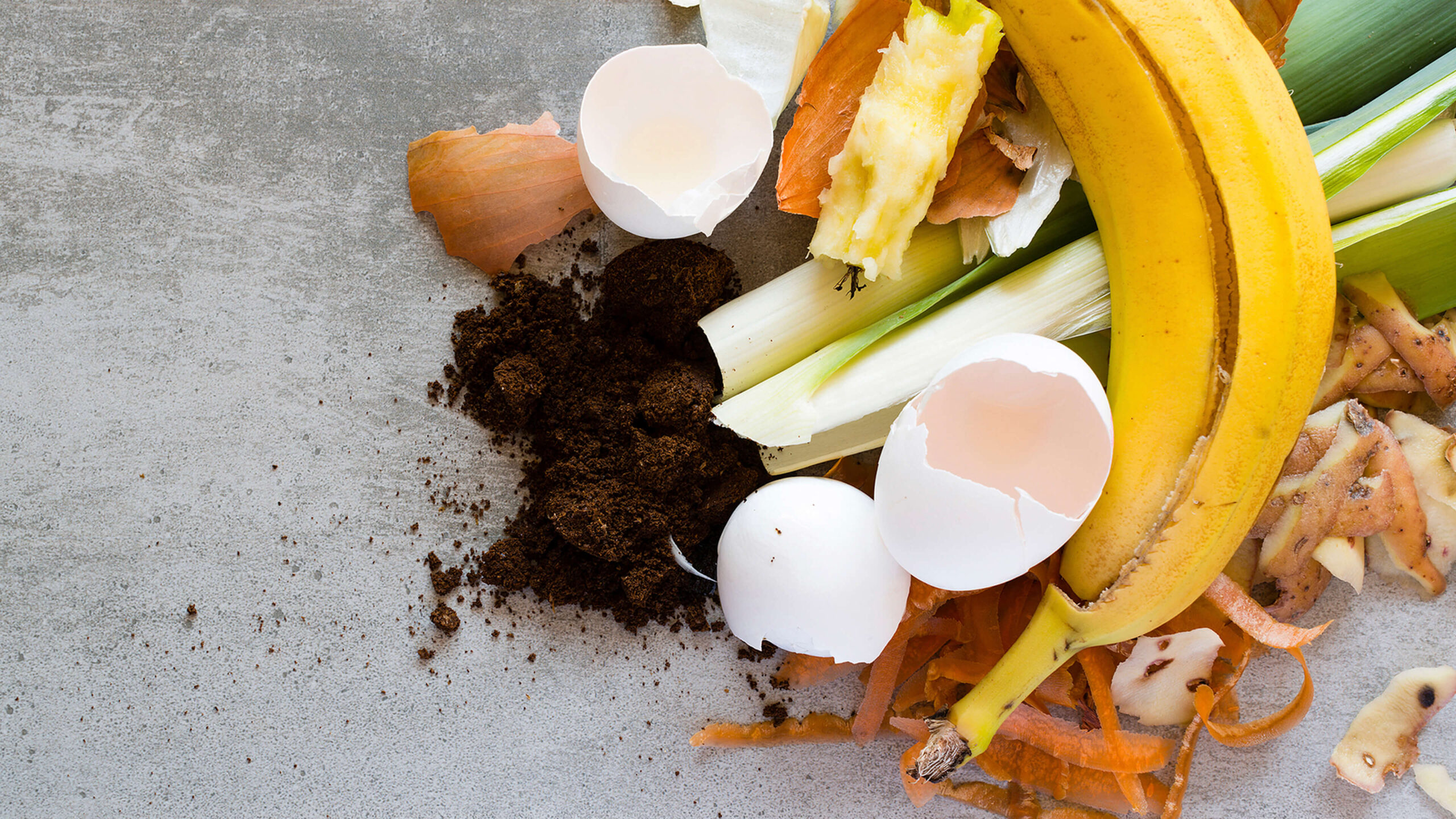5 Easy Facts About Creating a Sustainable Future with Compost: Benefits and Techniques Explored Described

Using the Power of Decomposition: Understanding the Basics of Compost Formation
Compost, often recommended to as "dark gold," is a nutrient-rich dirt amendment that may significantly enrich vegetation growth and boost dirt health. It is a organic method that happens when organic products decay over time. By utilizing the energy of decay, we can develop our personal garden compost at home and lower rubbish in disposal areas. In this write-up, we are going to check out the basics of compost development and how you can easily begin composting today.
1. What is Compost?
Garden compost is the end result of the break down of organic materials, such as cooking area junks, yard waste, and vacation. Via decay, these components are completely transformed into a black, brittle substance that looks like ground. Compost is abundant in necessary nutrients like nitrogen, phosphorus, and potassium – all vital for vegetation growth.
2. Benefits of Composting
There are actually countless perks to composting:
a) Improves Soil: Garden compost boosts ground framework by improving its capacity to retain wetness and nutrients. It also ensures useful microbial task in the soil.
b) Decreases Landfill Waste: By diverting all natural waste from dumping grounds, composting assists lessen garden greenhouse fuel discharges and stops the release of damaging leachate in to groundwater.
c) Saves Loan: Making your own garden compost minimizes the requirement for store-bought plant foods or dirt amendments.
d) Assists Plant Health: The nutrient-rich make-up of garden compost offers plants with important elements required for healthy development and growth.
3. Check For Updates for Composting
Composting depends on microbes – bacteria, fungis, protozoa – to crack down natural concern in to easier compounds. These bacteria thrive under specific conditions:
a) Carbon-to-Nitrogen Proportion: Accomplishing a balanced carbon-to-nitrogen proportion (C:N ratio) is critical for successful disintegration. A C:N proportion between 25:1 to 30:1 supplies an optimal setting for microorganisms to thrive.

b) Wetness: Ample moisture, around 50-60%, is needed to assist microbial task. The garden compost pile need to be moist like a squeezed-out sponge but not very damp.
c) Oxygen: Microorganisms call for air to carry out aerobic decay. Turning the garden compost pile consistently guarantees proper aeration and prevents anaerobic ailments that lead to unpleasant odors.
d) Temperature level: Composting produces warm as bacteria break down natural issue. The excellent temp array for optimal decomposition is between 130°F and 160°F (55°C and 70°C).
4. Getting Started with Composting
To start composting, follow these easy steps:
a) Decide on a Composting Method: Make a decision between traditional garden composting making use of a can or load, or decide for vermicomposting using worms.
b) Accumulate Natural Materials: Collect home kitchen fragments like fruit/vegetable peels, coffee premises, and eggshells. Include backyard rubbish such as lawn cuttings, leave of absence, and tiny branches.
c) Create Your Garden compost Heap: Level your natural products along with completely dry products like straw or cut vacation to generate an best carbon-to-nitrogen proportion.
d) Maintain the Compost Pile: Routinely transform the compost pile every couple of weeks to deliver oxygen and make certain even putrefaction. Display dampness degrees and include water if needed.
e) Patience is Essential: Composting takes opportunity – generally several months to a year – relying on a variety of elements such as temperature level, dampness amounts, and the size of your compost heap.
5. What Can Be Composted?
A lot of all natural products can be composted:
- Fruit/veggie scraps
- Coffee premises
- Tea bags
- Eggshells
- Garden misuse (lawn cuttings, vacation)
- Shredded newspaper/paper
- Cardboard (reduced right into little pieces)
- Wood chips/saw dust (in small amounts)
Avoid composting chicken, dairy products, oily foods items, animal refuse, and infected plants, as they may bring in insect or present virus.
Conclusion
Composting is a straightforward and satisfying procedure that makes it possible for us to use the energy of putrefaction to produce nutrient-rich compost. By understanding the rudiments of garden compost development and observing a few guidelines, you can begin composting at property today. Not simply will certainly you be minimizing refuse and improving ground health and wellness but also contributing to a greener and more lasting future. Begin composting now and open the perks of this natural recycling process!
